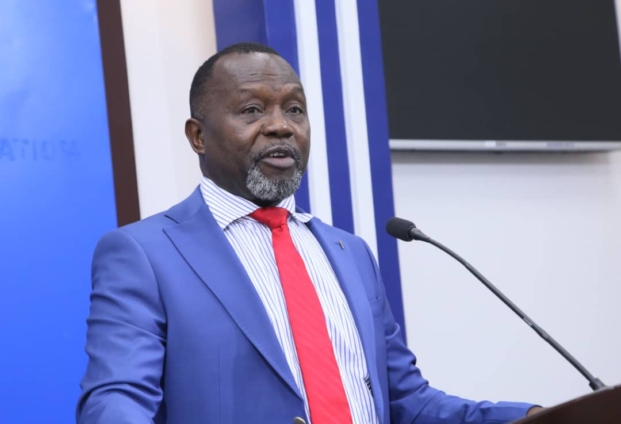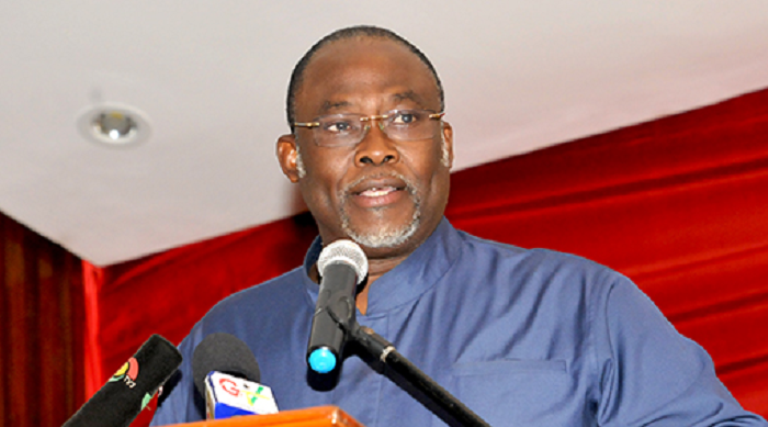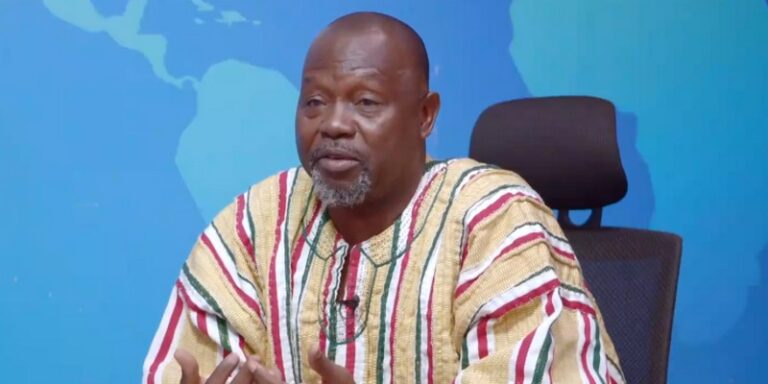What started as a shocking GHC548 million scandal inside Ghana’s National Service Authority (NSA) has now exploded into a full-blown financial nightmare: GHC2.2 billion in public funds is now confirmed missing.
Attorney-General and Minister of Justice Dr. Dominic Ayine dropped the bombshell at a press briefing on Wednesday, October 22, revealing that a forensic audit by the Auditor-General uncovered the much larger sum—nearly four times what was originally reported in June.
“This is not just a case of ghost names. This is systemic looting,” Dr. Ayine said, holding up the audit report. The announcement signals a serious escalation in one of the largest public sector fraud cases in Ghana’s history.
High-Ranking Officials in Hot Water
So far, twelve individuals have been slapped with charges, including former NSA Director-General Osei Assibey Antwi, his deputy Oware-Mensah, and several senior staffers. They face charges of stealing and causing financial loss to the state.
The National Intelligence Bureau (NIB) has been detaining some of the key suspects, as the government races to trace and recover the looted funds.
With the new audit findings, the Attorney-General confirmed that fresh charges are on the way. “We’re amending the charge sheets to reflect the actual scale of the theft,” Ayine said.
And It Doesn’t End There
The National Service scandal might just be the tip of the iceberg. Dr. Ayine also revealed that other high-profile government projects are under investigation, including:
The All African Games preparations
A controversial mathematical sets contract
The Bank of Ghana’s new building
Stadium renovations
And the ever-contentious National Cathedral project
On the Cathedral front, Ayine disclosed that the Auditor-General has teamed up with one of the Big Four accounting firms for another forensic deep dive.
A System Under Scrutiny
The revelations have sparked public outrage, with many questioning how such massive fraud could have occurred undetected for so long—and whether deeper rot exists in other state agencies.
This is not just about numbers—it’s about trust, accountability, and the cost of corruption in a country where many still struggle with basic public services.
As investigations continue, one thing is clear: the real cost of the National Service scandal goes far beyond the billions. It’s a test of Ghana’s political will to confront corruption—no matter how high it is.













